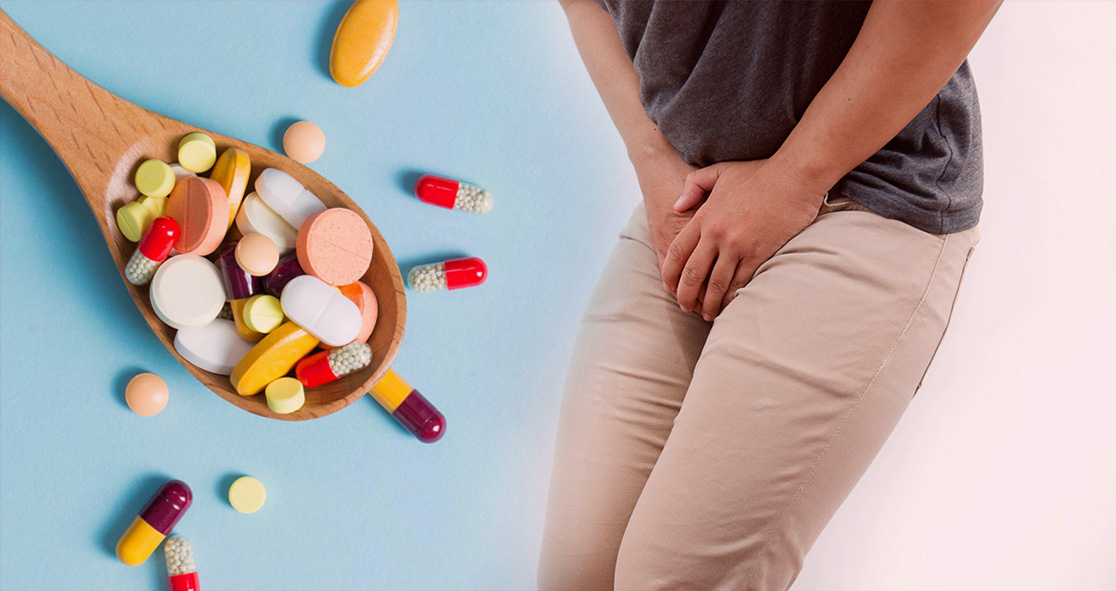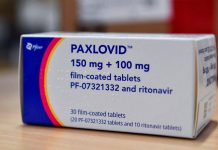Frequent urination could be a sign of some underlying medical condition. One of the common symptoms of overactive bladder (OAB), frequent urination affects around 19% of American adults. Having OAB can be unpleasant and uncomfortable.
Frequent urination could signal an underlying kidney disease or it may simply occur after drinking too much water. However, when it is accompanied by other urinary symptoms, there could be other possible causes such as diabetes, prostate problems, pregnancy, cystitis (bladder inflammation), stroke or any other neurological diseases, or any other urological disorders.
Treating frequent urination requires addressing the underlying problem that is causing it. For instance, if diabetes is the cause, you must check with your doctor for the treatment that involves keeping your blood sugar levels under control.
Non-pharmacological treatments for frequent urination may include bladder retraining, diet modification, monitoring fluid intake, Kegel exercises, and biofeedback. These techniques can help you overcome the symptom of frequent urination that has no specific cause.
Generic drugs for frequent urination
If non-pharmacological treatments fail to work, your doctor may advise drugs that specifically treat OAB. They include
- Darifenacin (GenericEnablex): An anticholinergic
drug that works by blocking a chemical called acetylcholine. It reduces bladder
contractions.
- Desmopressin acetate (Generic Noctiva): The drug
helps to control increased thirst and frequent urination. It also helps prevent
dehydration. Desmopressin is also used to control nocturnal enuresis.
- Imipramine (Generic Tofranil): A tricyclic
antidepressant that makes the bladder muscle relax, causing the smooth muscles
at the bladder neck to contract.
- Mirabegron (Generic Myrbetriq): A medication
approved for the treatment of certain types of urinary incontinence. It can
increase the amount of urine your bladder can hold.
- Oxybutynin (Generic Ditropan): Another
anticholinergic drug that treats frequent urination. It is available as a cream
or skin patch.
- Solifenacin (Generic Vesicare): Like
darifenacin, solifenacin is an anticholinergic agent.
- Tolterodine (Generic Detrol): It also belongs to
the class of anticholinergics agents.
- Trospium (Generic Sanctura): Yet another
anticholinergics agent that is advised for the treatment of OAB.
There are other options as well, such as onabotulinumtoxinA (Botox) that can be injected into the bladder muscle to relax the bladder, increasing its storage capacity and reducing episodes of urine leakage.
Frequent urination can be tricky to manage. If you notice that you are urinating more frequently, check with your doctor rather than self-medicating. Your treatment may include medications. So, work with your doctor to find the best drug for you.























